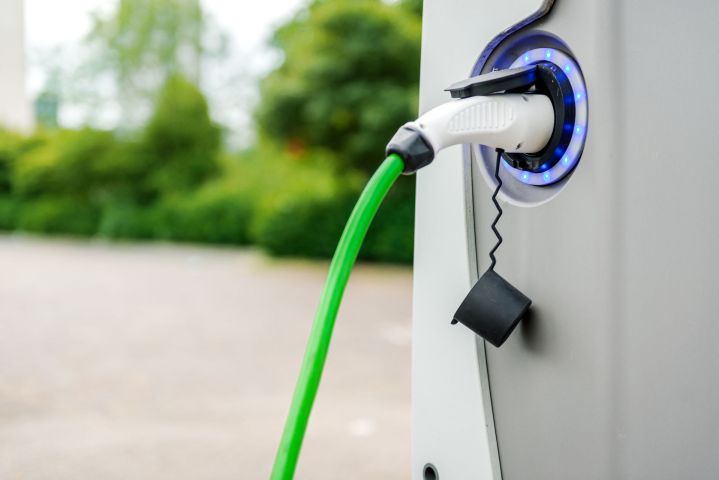
The ambitious project is slated to cost quite a significant sum — VW has signed on to spend $800 million in California alone and $2 billion across the nation on clean car infrastructure. Granted, this wasn’t an entirely voluntary decision — following the diesel emission cheating scandal of 2015, the German carmaker was ordered to make reparations; this is one of them.
Of course, EV charging stations are becoming increasingly important as the popularity of electric and hybrid vehicles continues to rise. Indeed, BMW recently noted that 7 percent of its sales in the U.S. and western Europe are comprised of EVs, and it seems that nearly all automakers have some form of an electric car in the works. Both General Motors and Ford intend on launching lines of electrified vehicles over the course of the next few years, hoping to give Tesla (which is struggling to keep up with demand) a run for its money.
“One of the biggest barriers to the mass-market adoption of electric vehicles is access to chargers,” Mark McNabb, chief executive officer of Electrify America, said in a statement. But VW hopes to solve for that. In building its new charging stations, the company has selected SemaConnect, EV Connect, and Greenlots to help with installation.
“There hasn’t been a significant catalyst yet for ramping up the number of charging stations,” Scott Fisher, Greenlots’ vice president of market development, told Reuters. “This is an unprecedented opportunity to help create the electric vehicle infrastructure we need across the U.S.”
So if you’re thinking about buying an electric vehicle, sometime after 2019 may be a good time to start looking. After all, with nearly 3,000 additional charging stations available, you will be able to go just about anywhere even without a full tank of gas.
Editors' Recommendations
- Could EVs charge wirelessly? Here’s what you need to know
- Mercedes EV charging hubs are coming to North America by the end of the decade
- Why do EVs charge slowly? Lithium battery limits explained
- A $1 billion investment will bring more EV charging stations to rural America
- Google Maps makes it easier to find EV charging stations via plug type


